Somatic Attachment Psychotherapy Trainings

About SAP Trainings
Early relational experiences forge a neurophysiological and psychological template of self, often creating insecure attachment which distorts the development of self, and impacts relational functioning throughout the lifespan. Corresponding affect management strategies and attachment patterns, accompanied by dysregulation of the Autonomic Nervous System (ANS), impact one’s self perceptions, world, and identity. This legacy of trauma deeply impacts the integrity of the self, creating a split between psyche, body, and spirit. Therapists are called to facilitate shifting of affect management strategies, attachment patterning, and support the maturation and development of complex right brain functioning to heal relational trauma, including insecure attachment, PTSD, and chronic shame, rather than merely working with symptom reduction. Somatic Attachment Psychotherapy trainings responds to this call and offers an immersive educational experience to deepen embodiment and capacity as therapist.
Our trainings delve into the theoretical and conceptual understandings of: the interconnected realms of embodied and imaginal somatic and interpersonal/relational psychodynamic principles and practices; clinical understandings and application of attachment research, specifically from the Adult Attachment Interview; emergent neuroscience research; trauma studies; embodiment studies and practices, and; earth-based wisdoms. Materials are presented using interactive lecture, discussions, demonstrations, experiential exercises, and coached practice sessions where participants will have opportunities to embody the material into practice in a supported learning environment. This differs from our workshops that do not offer practice integration opportunities.
We have several stand alone 4 day training opportunities. Our offerings require a graduate degree in a mental health discipline and in some cases prior learning or skills development. They are rigorous in both academic and experiential learning.



What’s included
As part of any SAP training you will receive clinical materials to support your learning, including:
- A digital copy of the power point training material and handout for workshops
- Clinical readings for workshop
- Extensive reference list to continue your learning journey
- Feedback, coaching and mentorship from skilled facilitators during the workshop as you integrate the material into your practice

The BBP Facilitation
Bringing the Body into Practice offers diverse learning opportunities. Some of our workshops have experiential components including practice application. For some of those workshops, our team of facilitators will support learners in integrating the material into clinical practice through experiential small group practices.
Facilitators are have trained extensively with us and have undergone additional training for their role.


